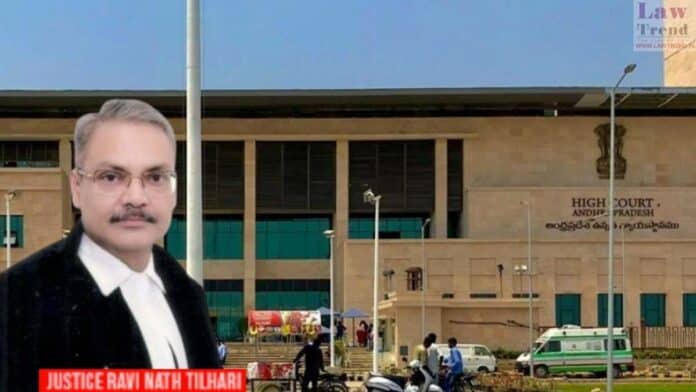The Andhra Pradesh High Court, presided over by Justice Ravi Nath Tilhari, dismissed Civil Revision Petition No. 1306 of 2024 filed by the petitioners, Varri Jayalakshmi and another, against respondents Badiga Eswara Rao and two others. The case revolved around allegations of forgery in a sale agreement and the repeated attempts by the petitioners to
To Read More Please Subscribe to VIP Membership for Unlimited Access to All the Articles, Download Available Copies of Judgments/Order, Acess to Central/State Bare Acts, Advertisement Free Content, Access to More than 4000 Legal Drafts( Readymade Editable Formats of Suits, Petitions, Writs, Legal Notices, Divorce Petitions, 138 Notices, Bail Applications etc.) in Hindi and English.




